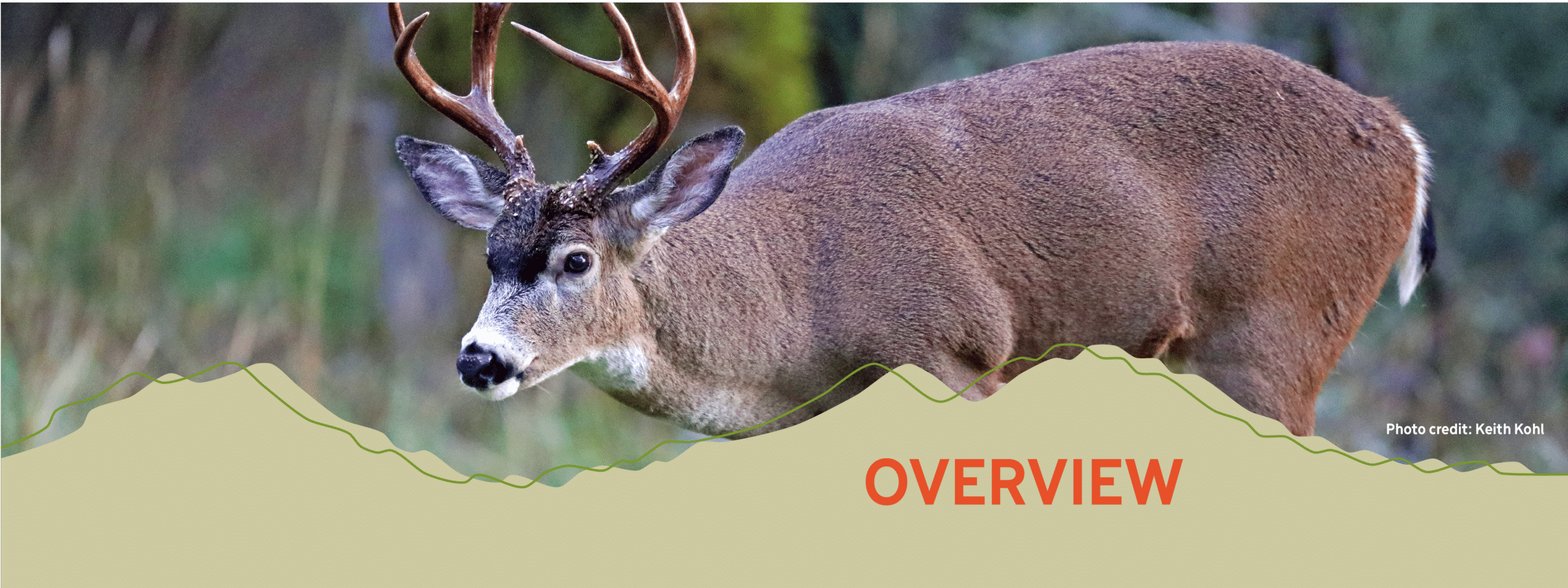
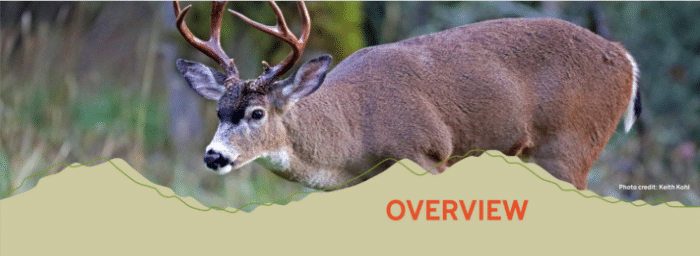
What is poaching?
Poaching is the illegal killing of fish and wildlife. Poaching steals natural resources from all Oregonians.
Poaching can take many forms:
At the beach
-
Watch for people taking a container of clams, crab or fish off the beach, emptying it in coolers, then returning with empty containers to get more.
-
People stashing their catch in containers in bushes, under vehicle seats, or in the hold of a boat.
-
People placing clams or mussels in other peoples’ containers.
On the water
-
Poachers taking fish (especially salmon and sturgeon) beyond legal limits, and outside of legal seasons because there is a market for these products.
-
Sturgeon secured near the bank, tied to something on the bank or placed in an unusual container.
-
People fishing at night or walking on the riverbank after dark, retrieving things from the bushes or water.
In fields & forests
-
Vehicles parked haphazardly, indicating the driver got out in a hurry.
-
Vehicles traveling slowly in the dark, casting light with a flashlight or spotlight.
-
People without visible tags on big game animals.
Rewards for reporting poaching
You can receive a cash reward or preference points for turning in poachers:
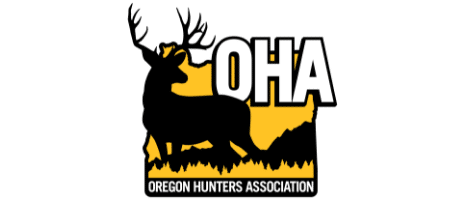
The Oregon Hunters Association established the Turn-in-Poachers (TIP) reward as an incentive for people to report suspicious activity. The fund pays cash for reports leading to citations or arrests. TIP rewards apply for the illegal killing of fish and game mammals.
- $1,000 Bighorn sheep, mountain goat & moose
- $500 Elk, deer & antelope
- $300 Bear, cougar & wolf
- $300 Habitat destruction
- $100 Game fish & shellfish
- $100 Game birds or furbearers
- $200 Illegally obtaining Oregon hunting or angling license or tags
- $200 Unlawful lending/borrowing big game tag(s)
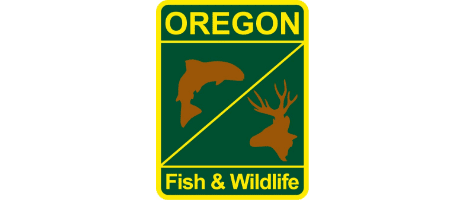
ODFW awards hunter preference points as an incentive for people who report poaching if the report leads to a citation or arrest. You can apply those points to any legal Oregon hunting opportunity.
- 5 Points Bighorn Sheep
- 5 Points Rocky Mountain Goat
- 5 Points Moose
- 5 Points Wolf
- 4 Points Elk
- 4 Points Deer
- 4 Points Pronghorn Antelope
- 4 Points Bear
- 4 Points Cougar
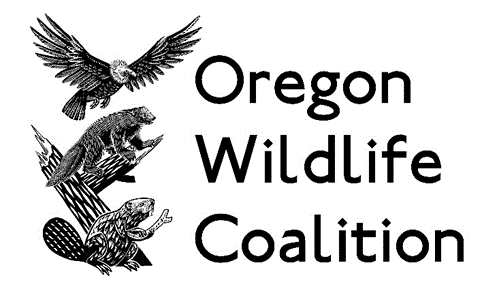
The Oregon Wildlife Coalition (OWC) will pay rewards of $500 to $1,000 for poaching reports that lead Oregon State Police Fish and Wildlife troopers to an arrest or citation. OWC launched the new reward program to address poaching of non-game species.
- Birds: $500 Hawk, Falcon, Eagle, Owl, Osprey. All other protected avian species: see category below for listed species
- Mammals: $500 Cougar, Bobcat, Beaver (public lands only), Black bears, Bighorn Sheep, Marten, Fisher, Sierra Nevada Red Fox
- Species listed as “threatened” or “endangered” under state or federal Endangered Species Act (excludes fish): $1,000
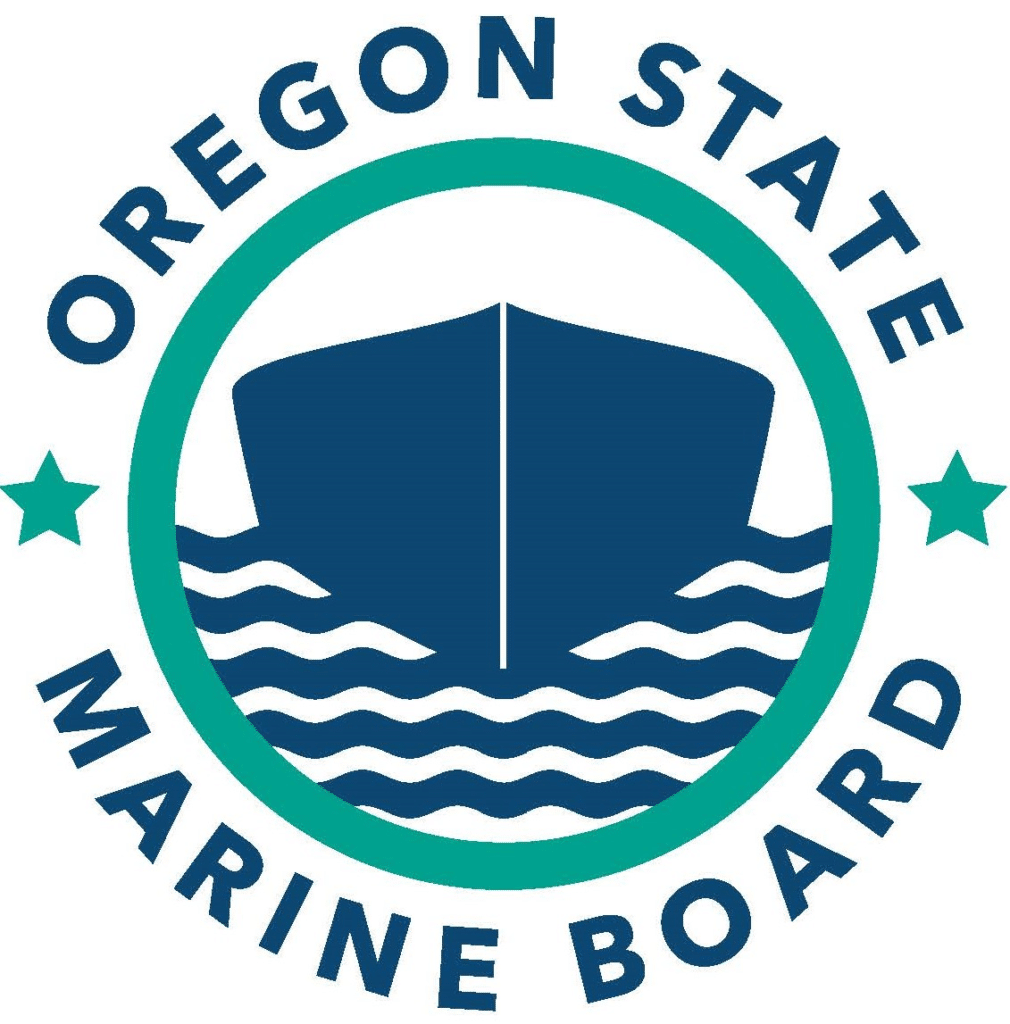
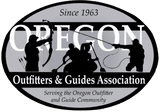
Oregon Outfitters & Guides Association (OOGA), supported by donations from the Oregon State Marine Board (OSMB), offers a $200 cash reward for information leading to a citation of inidividuals acting as an Outfitter Guide for the Illegal Killing of Wildlife, Illegally Obtaining Oregon Hunting or Angling Licenses or Tags, or Illegally Offering to Act as an Outfitter Guide as defined in ORS 704.010 and 704.020.
Cash rewards and hunter preference points generally go to the first credible report of an incident that leads to an arrest or citation. In some cases, they may be awarded to more than one individual. If you would like points or rewards for your call, be sure to leave your name and contact information so OSP F&W can follow up with you. The information is confidential. You can also report anonymously.
What happens to poachers
Oregon has gotten tougher with poachers in recent years, increasing penalties and in some cases turning poaching into a felony.
Poaching can come with a whole range of legal and financial penalties that may include:
The suspension of your hunting or fishing licenses for 3 years for a first or second offense, and a lifetime ban for a third offense.
Maximum five-year prison sentence
The three prongs:
Protect Oregon’s Wildlife is a partnership between ODFW, OSP F&W and the DOJ. The three organizations are working together to solve poaching by using a three-prong approach of:
- Increasing reporting through education and awareness campaigns
- Increasing enforcement through additional OSP F&W funding
- Increasing prosecution by funding a DOJ anti-poaching special prosecutor.
Each organization has a unique mission that when combined aim to protect Oregon’s wildlife
To protect and enhance Oregon’s fish and wildlife and their habitats for use and enjoyment by present and future generations through:
- Media campaigns
- Encourage use of the OSP anti-poaching TIP line
- Hunter preference points, if the report leads to a citation or arrest
- Educational materials on how to recognize and report poaching
Oregon State Police Fish and Wildlife Troopers are responsible for patrolling throughout the state protecting Oregon’s natural resources by ensuring compliance with the laws and regulations that enhance the long-term health and equitable use of Oregon’s fish and wildlife resources and the habitats upon which they depend.
We are involved in our local communities by attending various civic meetings and presenting to a multitude of sporting enthusiast’s groups. In addition, we educate the public on natural resource and wildlife conservation through assisting with hunter education classes and field days and showing support at angling derbies among other outdoor-related events.
The Division’s one hundred and twenty-eight sworn officers are assigned statewide with specific duties and responsibilities to ensure compliance with natural resource laws. Enforcement efforts are made up of division assignments that are comprised of General Fish and Wildlife Troopers, Oregon Plan Fish and Wildlife Troopers, Commercial Fish Troopers, Special Investigative Unit Fish and Wildlife Detectives and Aviation Unit Fish and Wildlife Pilots. Three professional staff provide statewide division support, for a grand total of one hundred and thirty-one members.
The Oregon DOJ recently appointed Jay Hall as the state’s Anti-Poaching Special Prosecutor. The mission of his office includes:
- Guide and assist county prosecutors in the nuances of trying fish and wildlife criminal cases
- Coordinate cases that cross jurisdictional lines
- Advise law enforcement agencies in evidence collection, case process and penalty options
Read recent media coverage about the three prong approach to protect Oregon’s wildlife:
Ways to report
TIP line
The quickest and easiest way to report a tip is to call 1-800-452-7888 or *OSP (*677) from a mobile phone.
Form
Submit a tip via our online form to help us stop poaching.
Email: TIP@osp.oregon.gov
Between 8:00 am – 5:00 pm, Monday – Friday.